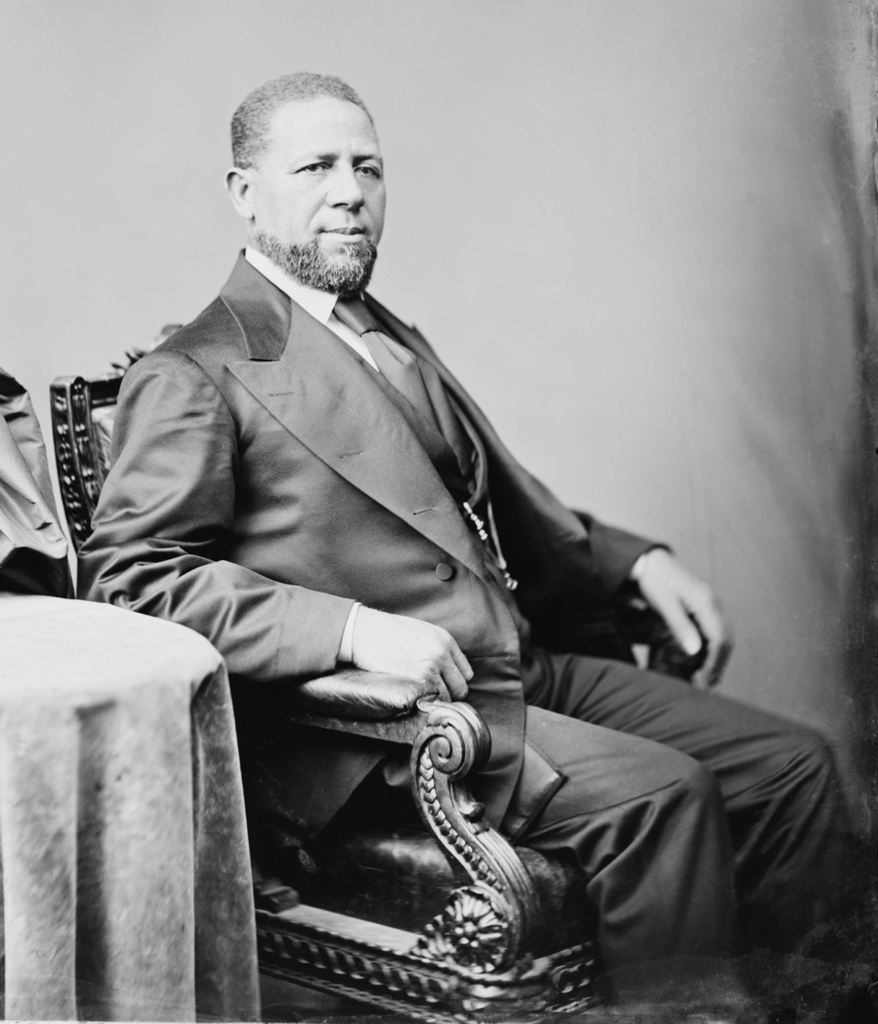
Here we are with only nine months left in which our computers have to learn that two-digit numbers signifying a year must be assumed to follow a 20 and not a 19. Otherwise they will shut down the world. My apprehension is lightened by a certain Luddite smugness—so much for smart machines! But while thinking about this and related issues, it occurs to me that a minor note of interest about the November 1998 election has been overlooked. The 106th Congress, chosen then and sitting now, will be the last to serve in the twentieth century.
